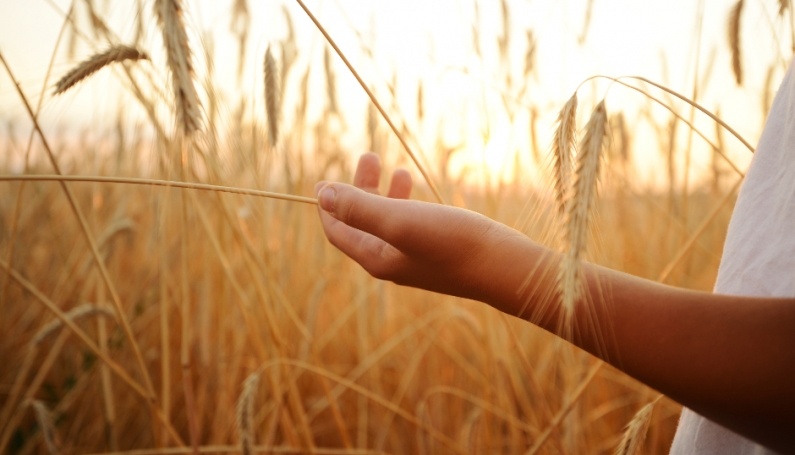Do we work to live or live to work? An international study revealed that people in all income groups, age groups and nationalities are working longer and harder to maintain their incomes and keep their jobs. In other words, people are living to work harder. Ninety-eight percent of the respondents in the study even felt that their lives were out of balance.
People’s greatest part of the day (about 20-22 hours) is spent on working and commuting. The rest of waking hours is spent on eating, reading, conversing, etc. And how much time is left to spiritual activity? An average of 0.5 hours. In conclusion, people feel that they have no time to do what they need to do.
Considering the fact that we are spiritual in essence, it is natural that our lives will be out of balance when we only devote 0.5 hours a day or less to spiritual activity. We need spiritual food to enliven ourselves and it’d do us great harm is we ‘starved’ ourselves. Spiritual teachers have previously given the analogy of a starving bird inside a well-decorated cage. The cage is meticulously polished everyday but the bird is neglected. Similarly, we devote much time to pampering the material body (with clothes, food, exercise, perfume, jewellery, etc.) and neglect our spiritual needs. Is it any wonder why we consequently feel empty inside?
The global economy of the 90’s has been described to squeeze out maximum production out of fewer people. The question is whether we wish to succumb to the demands of the economy and simply exist to work or manage our lives to be able to pursue higher ideals.
It is not that we have no option but to act as economic slaves. We can redirect our lives and choose simpler lifestyles. My friend and I once visited a meditation center in Cavite where people grow their own organic vegetables and organic rice. They drink buko juice instead of softdrinks; they breathe fresh air instead of smog. They work 5-6 hours daily on their garden and field. The greater part of their time is spent on studying spiritual matters, reading books of wisdom, meditating and introspecting. Simple living, high thinking.
My friend remarked, “When I view this whole scene, it makes me question why I’m struggling so hard in the city.”
When we see simplicity, we realise the complexity we have built around ourselves. When we realise the transcendental, we perceive the mundane nature of this world.
This in not a call to a backward life. Instead this is a call for a simple, sane and progressive life – a life where basic material and spiritual needs are adequately and happily met.
A simple life means a return to basics as dictated by natural laws and not by advertising gimmicks. It means cleaning up the mess in our lives – social climbing, miserliness, materialistic drives and dreams which have robbed us of our energy and time and repaid us with anxiety and frustrations. It means shorter shopping lists (getting rid of the junk food, expensive accessories, impulsive purchases), less debts, healthier bodies and less agitated minds.
But it is not enough to live a simple life. Without a higher purpose, life remains meaningless. Extra time and energy gained from simple living is not to be wasted in watching soap operas or playing cards to ‘li;; time.’ Time is valuable. Human life is precious. A simple life is meant to provide us with the facility to introspect and dwell on the spiritual; a time to receive the truth, to be enlightened; a time to see one’s faults and be humbled’ and in humility to surrender and pray to the Supreme Friend and Protector. This is the meaning and purpose of human life.
